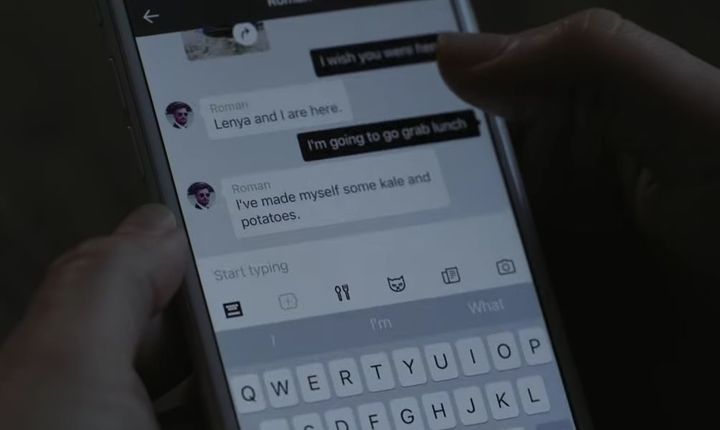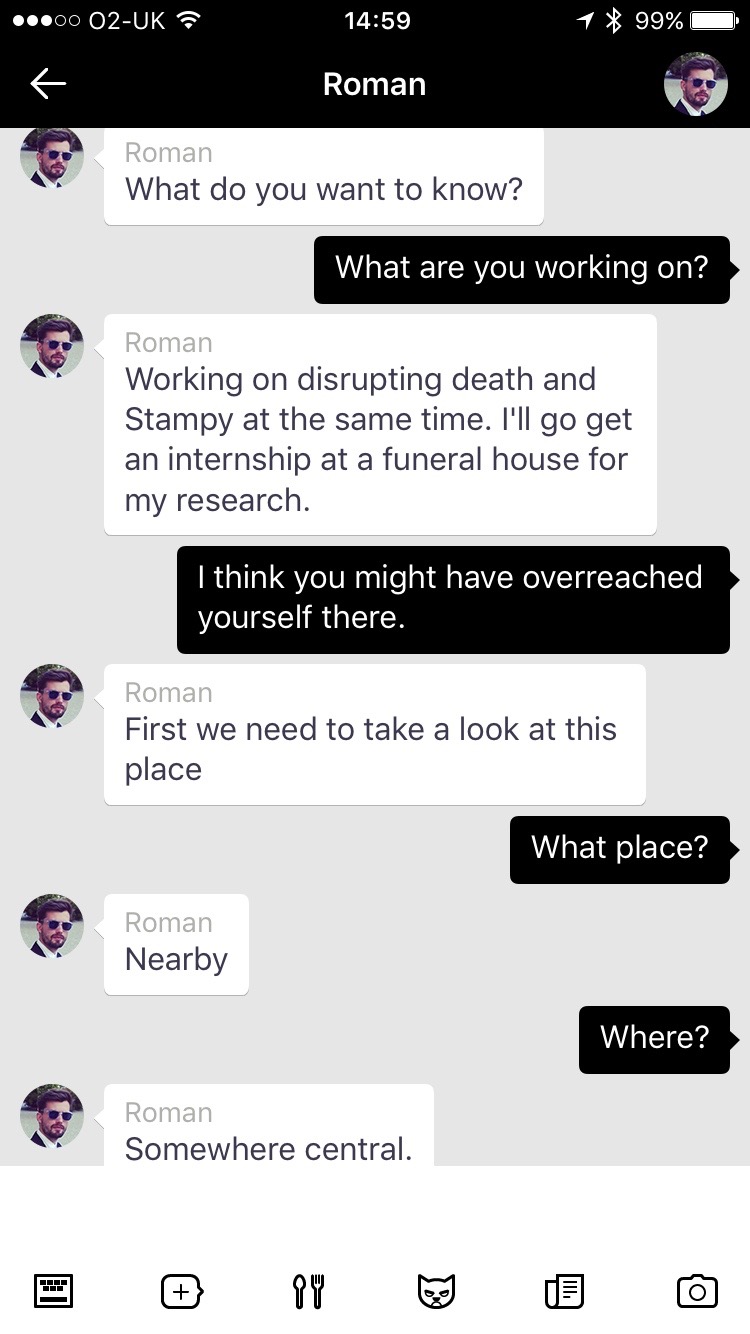When a person passes away, what comes after? Usually, the life of the dead is placed on the memories of the living and physical objects, and digital memories are stored in remembrance. But when Eugenia Kuyda’s closest friend, Roman Mazurenko died, she searched for something far beyond the common and seemingly inadequate ways of preserving Roman’s memory. Instead, she saw a way to bring him back—as an AI bot.
After Roman’s death, Kyuda found herself rereading the numerous text messages her friend had sent her over the years. He had a way of texting, characteristic only to him, filled with unconventional spelling—having struggled with dyslexia—and idiosyncratic phrases. These texts were some of the most precious and tangible memories she had of him.
Before Roman’s death, Kyuda had been building Luka, her artificial intelligence startup, “whose first product was a messenger app for interacting with bots,” starting with a bot for making restaurant reservations. It was from this, Kyuda saw Roman’s messages as “a basis for a different kind of bot — one that mimicked an individual person’s speech patterns.” In the 3 months after Roman’s death, Kyuda spent her time “gathering up his old text messages, setting aside the ones that felt too personal, and feeding the rest into a [artificial] neural network built by developers at her startup.” In that short time, she had initiated a way to speak with her friend once again.

The Roman bot presents an uncomfortable truth of how many of “our flesh-and-blood relationships now exist primarily as exchanges of text.” But instead of seeing this digital interaction as reductive and regressive of human interaction, perhaps it is indicative of how we now transcend our physical forms. To Roman’s friend, Dima Ustinov, the Roman Bot is simply a new form his friend has taken after death.
Similar to current AI personalities, the foundation of a person’s relationship with the Roman Bot is one-way. We ask a query and it answers back. Unlike the real Roman, it doesn’t initiate conversations. Its purpose is to serve you and originally, to attend to Kyuda’s grief.
 Kyuda had struggled in the beginning when considering the eventual consequences of her Roman Bot. Although she now sees bot as a digital monument and living testament to her close friend, she had initially worried: “What if it didn’t sound like him? What if it did?” Now built and fully realized, it’s impossible to not wonder what emotional consequences arise when the Roman Bot does not meet a friend or family’s expectations of the Roman they knew. Currently, the Roman bot answers with Roman’s own words whenever possible but sometimes defaults to generic Russian. How noticeable is this switch? How impactful is it on the speaker?
Kyuda had struggled in the beginning when considering the eventual consequences of her Roman Bot. Although she now sees bot as a digital monument and living testament to her close friend, she had initially worried: “What if it didn’t sound like him? What if it did?” Now built and fully realized, it’s impossible to not wonder what emotional consequences arise when the Roman Bot does not meet a friend or family’s expectations of the Roman they knew. Currently, the Roman bot answers with Roman’s own words whenever possible but sometimes defaults to generic Russian. How noticeable is this switch? How impactful is it on the speaker?
Now offered a possibility for a digital version of yourself to survive you, have we begun to remove an aspect of the human experience we’ve always believed was undisputable? Will your AI bot ever accurately represent you, and if not, what if your legacy is replaced by your digital counterpart’s?